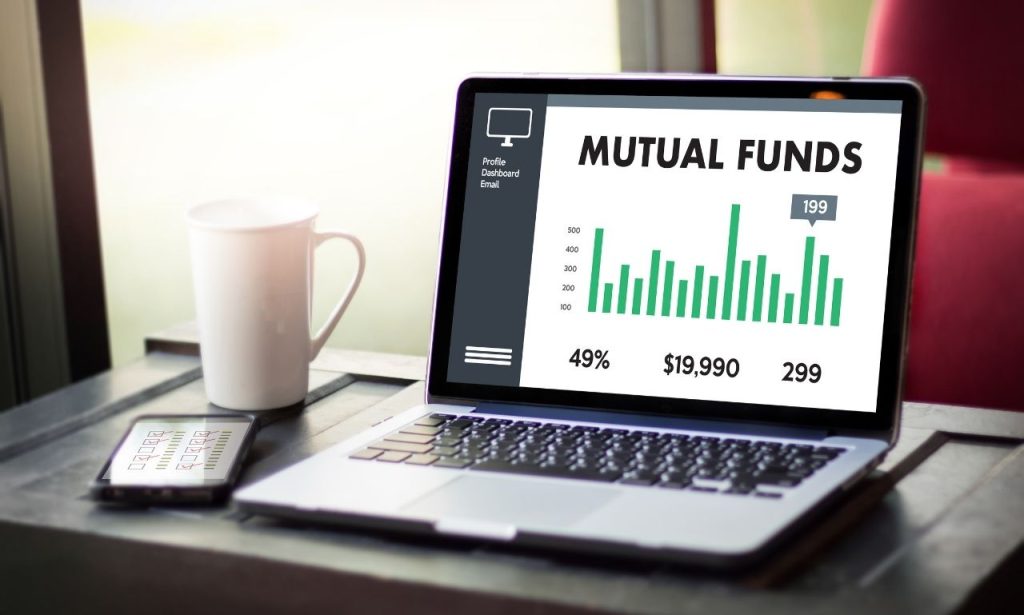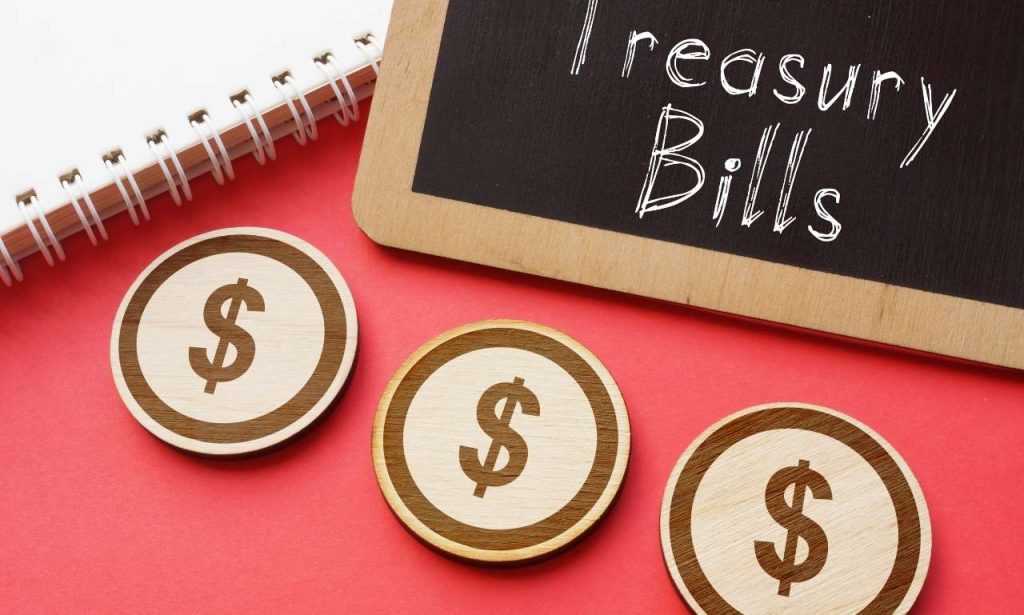I hate watching money collect dust. You probably do too. Back in 2022, my cousin kept $30,000 in a checking account for his upcoming home purchase. He earned zero interest for months! Meanwhile, several safe options could have added hundreds to his down payment.
Truth is, we all face this problem. You’ve got cash you’ll need relatively soon. Stocks feel too risky. Regular savings accounts pay peanuts. What now?
The answer lies in short-term investments. These aren’t get-rich-quick schemes. They’re practical tools for money you’ll use within five years. Your wedding fund. House down payment. Emergency cash. Even next year’s vacation money.
Let’s cut through the noise. I’ll show you where smart people actually put short-term cash today.
What is a short-term investment?

Simply put, short-term investments are financial vehicles you’ll hold for five years or less. They sit in the sweet spot between savings accounts and long-term investments. Your money stays relatively safe. You can access it without massive penalties. It grows modestly while waiting for its real purpose.
Think of short-term investments like a good hotel for your cash. It’s not moving in permanently. Just staying somewhere decent until it’s needed elsewhere. The room costs a bit (in opportunity cost), but it’s clean, safe, and available when you need to check out.
Why not just use regular savings? Because inflation eats your money alive. At 3% inflation, $10,000 loses $300 in purchasing power yearly. Short-term investments help fight this invisible theft.
These options aren’t about getting rich. They’re about not losing ground while maintaining safety and access. They serve specific jobs in your financial life that other tools simply can’t handle.
Best Short-Term Investments
Let’s explore your actual options, ranked roughly from safest to slightly more aggressive. Remember that “best” depends entirely on when you need the money and your comfort with tiny fluctuations.
High-yield savings accounts
High-yield savings accounts are essentially souped-up versions of regular savings accounts. They currently pay between 3-5% interest versus the national average of 0.43% for standard savings. That’s not a typo!
Most high-yield accounts come from online banks. Without expensive branches to maintain, they pass savings to you as higher interest. My sister keeps her emergency fund at Ally Bank and earns nearly 10x what Chase pays.
Opening one takes maybe 15 minutes online. You’ll need your ID, Social Security number, and a way to transfer funds. Most have zero minimum balance requirements and no monthly fees. Your money stays FDIC insured up to $250,000.
The real beauty? Total flexibility. Transfer money out anytime without penalties. No lock-up periods. No market value fluctuations. Just straightforward interest on every dollar, every day.
Cash management accounts
Cash management accounts exist in the gray area between banking and investing. Companies like Fidelity, Schwab, and SoFi offer these hybrid accounts. They function like checking accounts with much better interest rates.
My neighbor uses Fidelity’s cash management account. He gets free checks, a debit card, ATM fee reimbursements, and competitive interest. All from one simple account. His money stays FDIC insured through partner banks behind the scenes.
The standout feature? Integration with investment platforms. When he’s ready to invest some cash long-term, it takes two clicks. No transfers between institutions. No waiting days for money to move. Everything works together seamlessly.
These accounts particularly shine for people who already use brokerage services. They eliminate the need to shuffle money between separate banking and investing companies.
Money market accounts
Money market accounts blend features from checking and savings with enhanced returns. Banks offer these accounts with slightly restricted access. You might be limited to 6 withdrawals monthly, similar to traditional savings accounts.
Unlike regular savings, money market accounts often include check-writing privileges and debit cards. They typically require higher minimum balances, often $500-2500 to open. Interest rates usually beat standard savings but may lag behind the best high-yield options.
The neighborhood credit union near me offers a tiered money market account. The rate jumps significantly once you hit $10,000, making it attractive for larger short-term savings. All deposits stay federally insured, just like regular bank accounts.
These accounts make sense for emergency funds you’ll access occasionally but not constantly. The slight restrictions help discourage frequent dipping into savings while maintaining reasonable access.
Short-term corporate bond funds
Moving slightly up the risk ladder, we find short-term corporate bond funds. These funds buy debt from large, stable companies with maturities typically under 3 years. Think Apple, Microsoft, or Johnson & Johnson borrowing money.
Unlike bank products, these funds have no FDIC insurance. Their values fluctuate daily based on interest rates and company performance. When rates rise quickly, these funds might temporarily lose 1-3% of value. When rates fall, they gain.
My colleague Tom keeps his house down payment (needed in 18 months) in Vanguard’s Short-Term Corporate Bond Fund. It’s earned about 1% above savings accounts historically. He accepts tiny value fluctuations for that extra return.
The minimum investment varies by company. Many start at $1,000 or $3,000. You’ll pay small annual management fees, typically 0.1-0.4% of your investment. Trading works during market hours, with proceeds available within 2-3 business days after selling.
Short-term U.S. government bond funds
Short-term government bond funds work similarly to corporate versions but buy Treasury debt instead of company debt. This substitution makes them slightly safer but typically lowers returns a bit.
These funds essentially loan money to the U.S. government for 1-3 years. Default risk is practically zero. Interest rate risk remains minimal due to short maturities. Funds like Schwab’s Short-Term U.S. Treasury ETF (SCHO) offer easy access to this market.
The chief advantage? Safety during economic chaos. When markets panic, investors often rush to government bonds, sometimes boosting their values. This pattern makes these funds decent diversifiers even for longer-term portfolios.
Most brokerage accounts offer commission-free trading in these funds. Annual expense ratios typically run 0.03-0.15%, significantly lower than corporate bond alternatives. This cost advantage partially offsets their slightly lower yield.
Money market mutual funds

Money market funds invest in extremely short-term debt from governments, municipalities, and large corporations. They aim to maintain a stable $1.00 per share value while paying interest. Think of them as slightly enhanced savings accounts within investment platforms.
Unlike bank products, these lack FDIC insurance. However, their investments in high-quality, ultra-short-term debt keeps risk minimal. You can typically withdraw your money anytime with same-day or next-day availability.
My uncle parks his home renovation fund in Fidelity Government Money Market Fund. He earns competitive rates without value fluctuations. His money stays liquid for contractor payments while working harder than in a checking account.
These funds often serve as the default “sweep” account in brokerage platforms. Any uninvested cash automatically goes here, earning something while waiting for its next purpose. Most have no minimum investment requirements.
No-penalty certificates of deposit
Standard CDs punish early withdrawals harshly. No-penalty CDs eliminate this drawback while maintaining competitive rates. You lock in a fixed rate with the freedom to withdraw your entire balance anytime after a brief initial period (often 7 days).
These products brilliantly solved the “what if rates rise?” problem. If interest rates jump during your term, simply withdraw penalty-free and reinvest at higher rates elsewhere. You’re never stuck watching others get better deals.
My friend Kate uses a ladder of no-penalty CDs for her wedding fund. Different portions mature every few months, giving regular access opportunities. Meanwhile, she earns better rates than savings accounts without commitment concerns.
Terms typically range from 7-13 months. Most require minimum deposits between $500-2500. Online banks like Ally, Marcus, and CIT typically offer the most competitive rates on these flexible products.
Treasurys

Buying Treasurys directly cuts out the middleman of bond funds. You loan money straight to the government for fixed periods at fixed rates. Options include Treasury bills (4-52 weeks), notes (2-10 years), and floating-rate notes (2 years with rates that adjust with markets).
The government website TreasuryDirect.gov lets you buy these securities with as little as $100. No commissions or management fees exist. Interest earned avoids state and local taxes, boosting the effective yield for many investors.
If you need money before maturity, you can sell Treasurys on secondary markets through brokerages. Rates reset at frequent auctions, with market demand determining what the government pays. Currently, 6-month Treasury bills yield around 5.3%.
My dad recently shifted some retirement cash to 1-year Treasury bills. He likes the simplicity, tax advantages, and government backing. The fixed return helps him plan exactly how much he’ll have when the bills mature.
What are the benefits of short-term investing?
The obvious benefit? Your money grows instead of shrinking against inflation. Even modest returns make significant differences on larger amounts. A $20,000 house fund earning 4% instead of 0.4% gains an extra $720 yearly.
Safety ranks equally important. Your sister’s wedding doesn’t care that markets crashed. Your emergency fund needs stability during exactly the kind of economic chaos that hammers stocks. Short-term investments provide crucial certainty for upcoming expenses.
Liquidity matters tremendously too. Life changes fast. The house you’re saving for might suddenly become available sooner. Medical bills appear unexpectedly. Short-term vehicles generally provide reasonable access without brutal penalties or terrible timing risks.
Finally, the psychological benefits cannot be overlooked. Knowing your important goals have dedicated, appropriate funding reduces financial stress tremendously. You sleep better when your kid’s tuition money isn’t riding the stock market rollercoaster.
What is the biggest risk of short-term investments?
Ironically, the biggest risk is playing it too safe. Inflation silently eats roughly 3% of your purchasing power annually. If your money earns less than that, you’re technically losing ground in real terms.
Another risk comes from interest rate fluctuations. When rates rise, existing fixed-rate products look increasingly unattractive. Your 3% CD seems less brilliant when new ones pay 4%. Bond funds temporarily drop in market value when rates climb quickly.
Opportunity cost hurts too. While your money sits earning 3-5%, the stock market might gain 15% in a strong year. This gap feels painful. But remember, short-term investments aren’t about maximizing returns. They’re about matching appropriate risk to specific timelines.
The final risk? Complexity paralysis. Some people leave money earning nothing while overthinking the perfect option. The truth is, any reasonable short-term vehicle beats idle cash. Don’t let perfect become the enemy of pretty darn good.
Conclusion
Short-term investments fill crucial gaps in your financial toolbox. They protect money you’ll need soon without surrendering completely to inflation. The best choice depends entirely on your specific timeline and comfort with tiny fluctuations.
For truly short needs (under 1 year), stick with high-yield savings, money markets, and no-penalty CDs. If you want to go for 1-3 year horizons, consider Treasury securities or short-term government bond funds. For 3-5 years, short-term corporate bond funds might make sense if you can tolerate minor value fluctuations.
Remember, this isn’t an all-or-nothing decision. My emergency fund is split between immediate access (high-yield savings) and slightly better returns (no-penalty CDs). This layered approach maximizes returns while maintaining necessary liquidity.
Your money deserves appropriate housing based on its job. Give it the right home, and it’ll serve you faithfully when needed.
Also Read: How to Make Money with a Tractor
FAQs
Bank products carry FDIC insurance up to $250,000. Treasury securities have government backing. Bond funds lack guarantees but rarely fluctuate more than 1-3% in value
Keep emergency funds (3-6 months of expenses) plus any money needed within 5 years in appropriate short-term vehicles.
Bank and Treasury products protect your principal. Bond funds can experience temporary value drops when interest rates rise suddenly.
Money market accounts are bank products with FDIC insurance. Money market funds are investment products without federal deposit insurance.
Currently, short-term corporate bond funds and direct Treasury purchases offer the highest potential returns among truly safe options.




